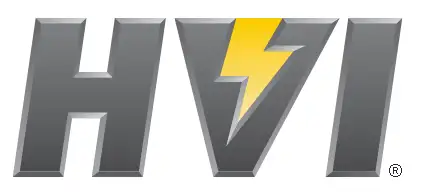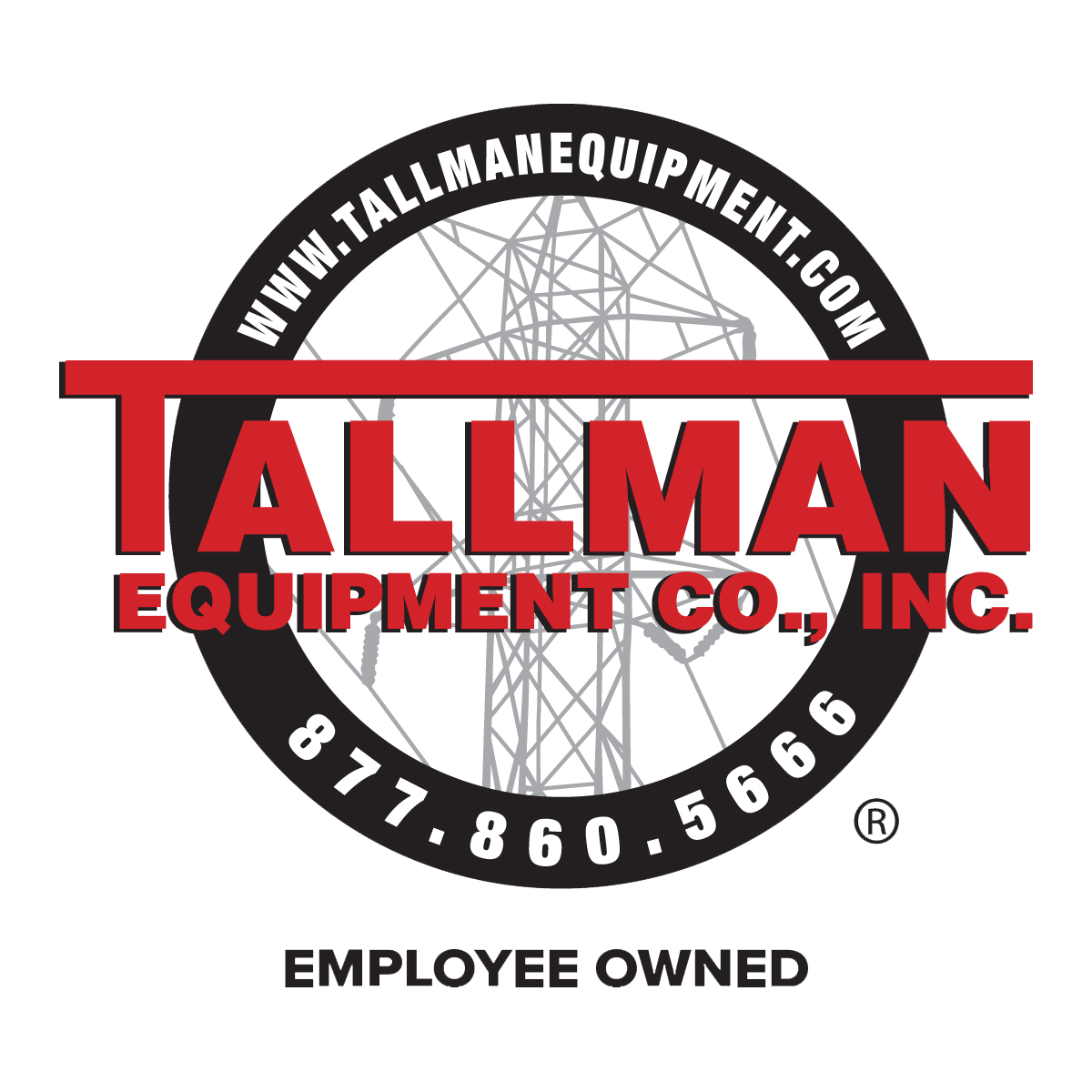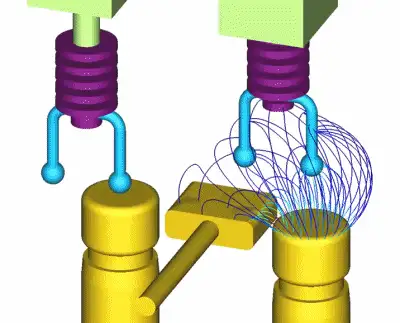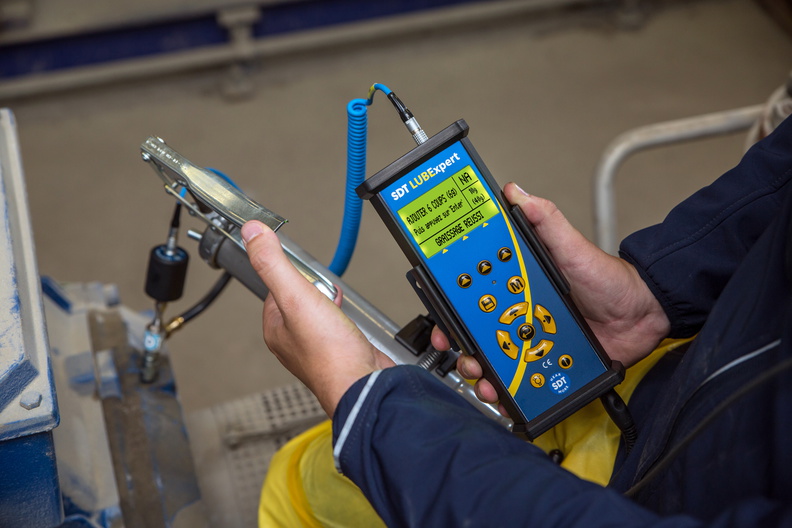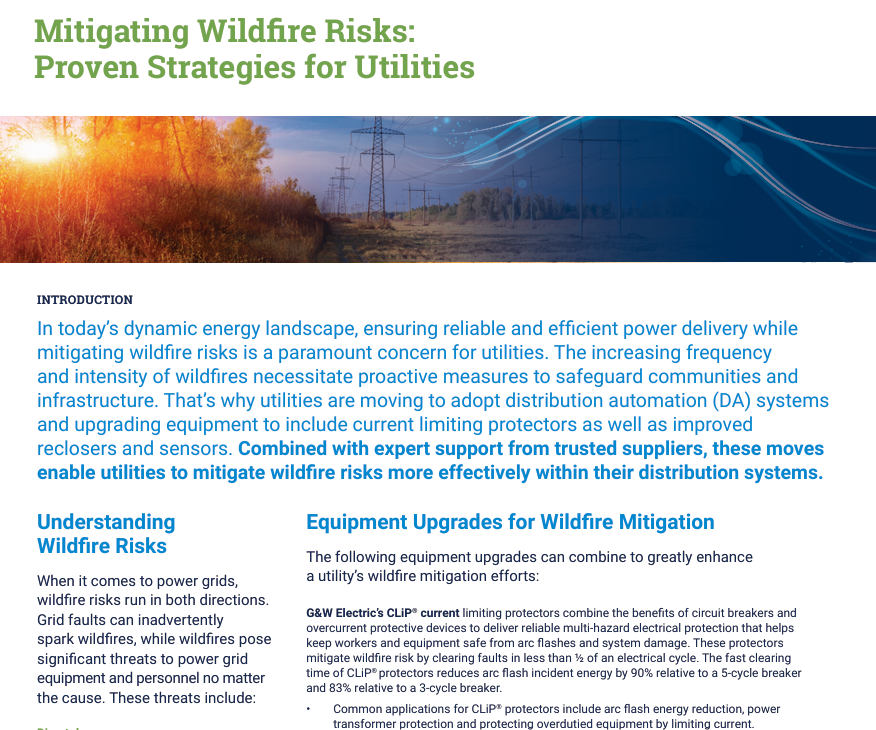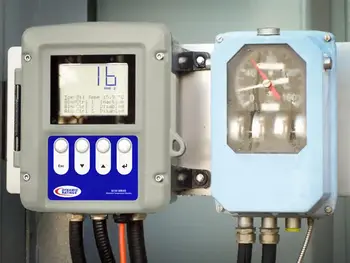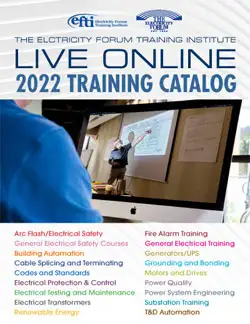Battery Storage System Protection
Safeguarding Property and Personnel: The Role of Battery Storage Protection in Public Safety
Wind Turbine Electrical Protection
Solid-State Circuit Breakers for Wind Turbine Protection: Revolutionizing System Safety and Efficiency
Cybersecurity in Wind Energy: Safeguarding Wind Turbine Control Systems
Protection in Solar PV Systems
Ground Fault Protection for Solar Systems: Enhancing Safety through Innovation
Addressing Protection Challenges in High-Penetration Solar PV Systems
Protection for Renewable Energy Systems
Ensuring Grid Stability: The Role of Wind Turbine Protection
Introduction to Wind Turbine Protection and Grid Stability
The growing integration of wind energy into the power grid presents both opportunities and challenges. While wind power offers a clean and sustainable energy source, its intermittent nature can pose challenges to grid stability. Effective wind turbine protection plays a crucial role in mitigating these challenges and ensuring reliable power delivery to consumers.
Importance of Wind Turbine Protection for Grid Stability
Minimizing Impact of Faults
Wind turbines are exposed to various internal and external faults that can disrupt their operation and affect power delivery to the grid. Effective protection systems detect and isolate these faults promptly, minimizing their impact and preventing widespread grid disturbances.
Maintaining Continuous Power Delivery
Consistent power delivery from wind turbines is essential for grid stability. Protection systems ensure that turbines operate within their design parameters, contributing to a steady and reliable power supply even under varying wind conditions.
Key Components of Wind Turbine Protection Systems
Overcurrent and Overvoltage Protection
These protection mechanisms are designed to handle situations where the electrical output exceeds safe limits. By interrupting power flow during overcurrent or overvoltage events, they prevent damage to the turbine and the grid.
Frequency and Voltage Regulation
Wind turbines...


